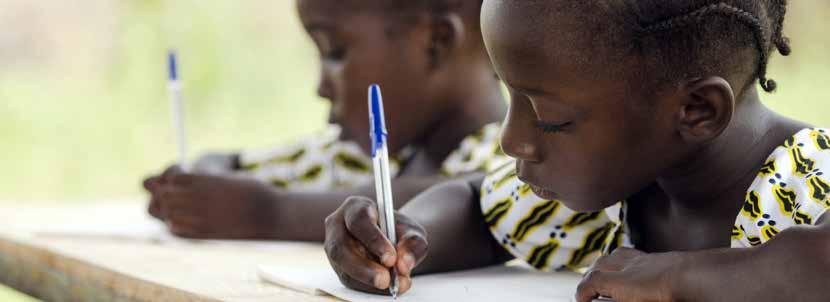
1 minute read
Conclusion and Way Ahead
Cities Alliance – Global Programme on Informality
Two billion informal workers and one billion slum dwellers worldwide remain exposed to hostile policy environments and the sharpest impacts of poverty, social exclusion, climate change, and inadequate public health systems.
Advertisement
The COVID-19 pandemic coupled with already insufficient public service provision have exacerbated the vulnerability of low-income communities, elderly, children and women. The COVID-19 pandemic has revealed long overdue structural problems derived from inequality and sets the momentum for a radical shift in the way cities are planned and managed. It is no longer acceptable that a major part of the world’s population does not have access to minimum safe living conditions to deal with the pandemic. Thus, there is a strong need to address slums and informality on a permanent basis, with a fair and equitable allocation of resources, services, and land and public spaces.
Cities Alliance has been working to both highlight and improve the living conditions of slum dwellers for two decades, and can play a relevant role promoting this radical shift, legitimated by its institutional trajectory and robust membership.
The Global Programme on Informality seeks to build a coalition to globally overcome the political, knowledge and resource gaps for addressing informality of land, labour and citizenship at scale, on a permanent basis, with three specific objectives:
1) Mobilise Cities Alliance members, their constituencies and development partners to promote joint efforts and increased knowledge on addressing and harnessing informality and responding to COVID-19 in cities.
2) Identify key knowledge gaps and produce knowledge products that distil the results and learning from the dialogues and peer-learning and disseminate them to a global audience.
3) Facilitate a joint narrative and Cities Alliance coalition to deliver an advocacy and outreach campaign to a global audience to raise awareness on effective COVID-19 responses and demonstrate solutions to informality.







